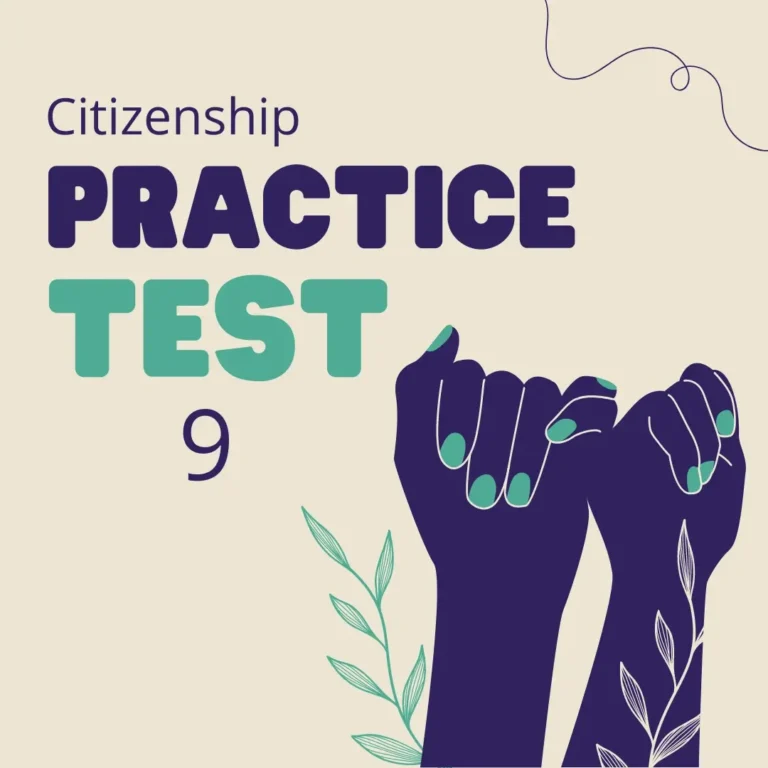Module 2 – Lesson 2- Our freedoms
The right to free expression is vital to the Australian democratic system. Freedom of expression permits people to advocate and argue their own ideas through speech or writing. Australian residents have the right to criticize the government, push for legislative changes, and engage in peaceful protest against the government, as long as they do not violate any Australian law. The right to free expression extends to all forms of media, including films, art, literature, and music. Citizens of Australia have the freedom to gather openly or privately to debate social issues and politics.
The rights to free speech and expression do not imply that Australian law can be broken, and those rights must be honored in the same way that they apply to others.
The right to free association means that every Australian citizen may join an organization or group to assist achieve common aims, or they may form their own organization. Everyone in Australia has the right to join any lawful organization, such as a social organization, cultural group, church, political party, or trade union. This includes the right not to join any organization and not to be coerced into doing so. Every Australian has the freedom to oppose government decisions or groups alongside others. Nonetheless, any such gathering must adhere to Australian law, which requires that it be peaceful and not cause harm to other persons or property.
Australia has a Judaeo-Christian past, including public holidays on Christian holy days such as Christmas Day, Easter Sunday, and Good Friday. Although many Australians identify as Christian, there are also individuals who identify as members of the other major religions.
The Australian government and legislation make no distinctions between citizens based on their beliefs or religion. Australia’s government is secular, which means it is not influenced by any religious body or organization. There is no official national religion in Australia, and everyone has the liberty to precise their preferred religion or none at all. The right to follow any religion is given on the understanding that no Australian law will be broken while doing so. If Australian law clashes with religious practices, Australian law has precedence.

